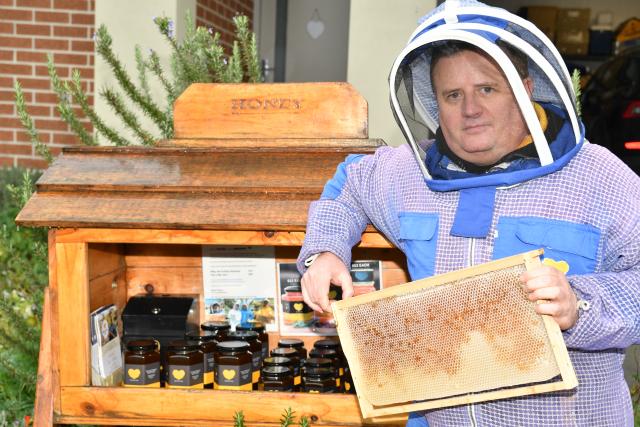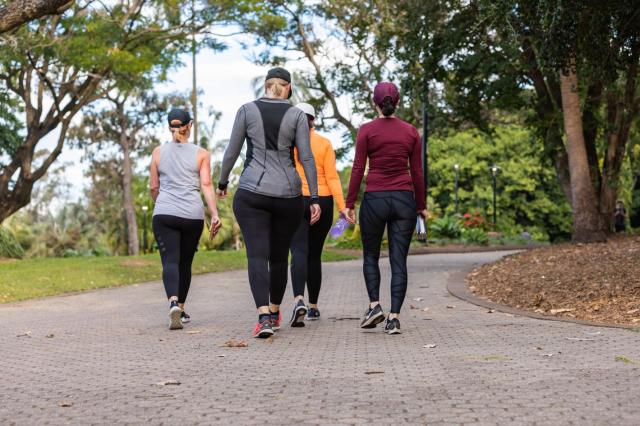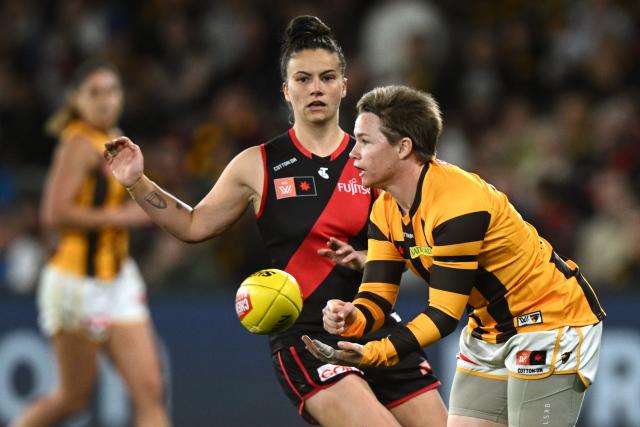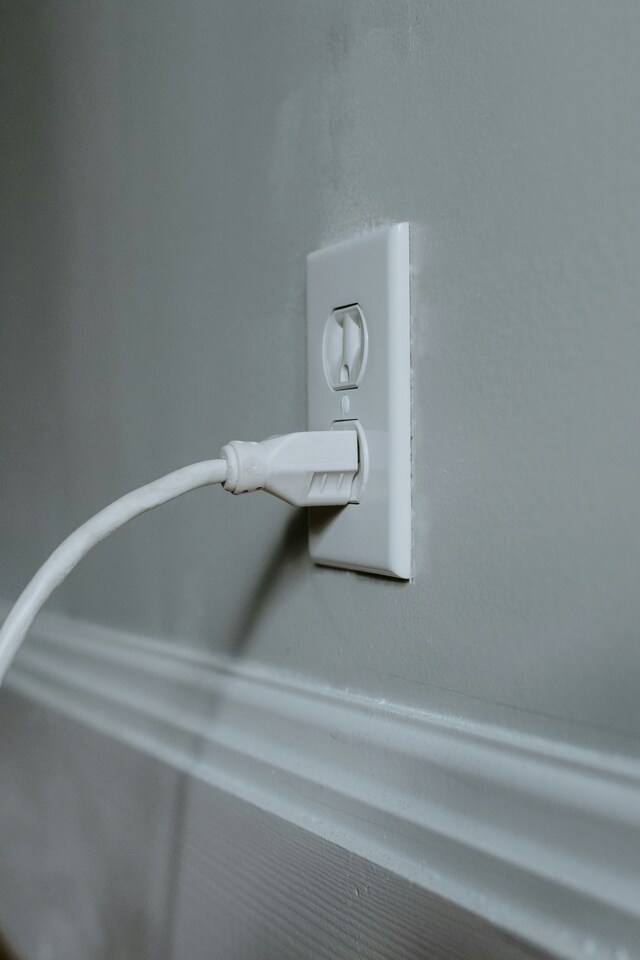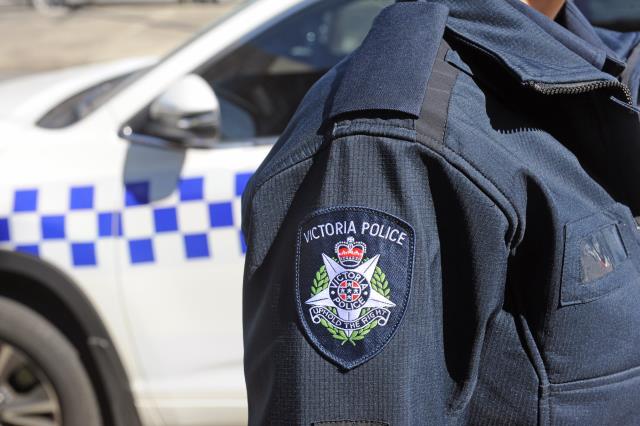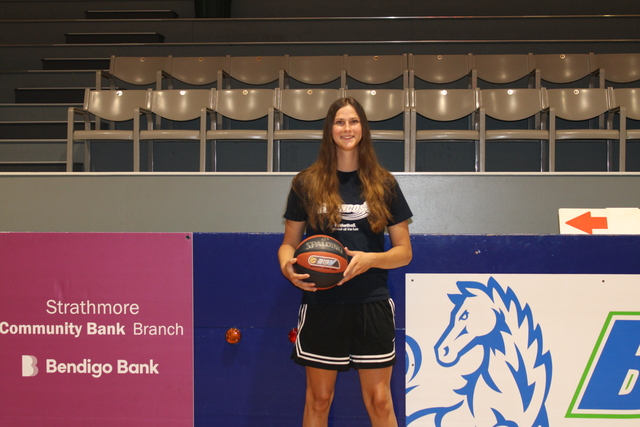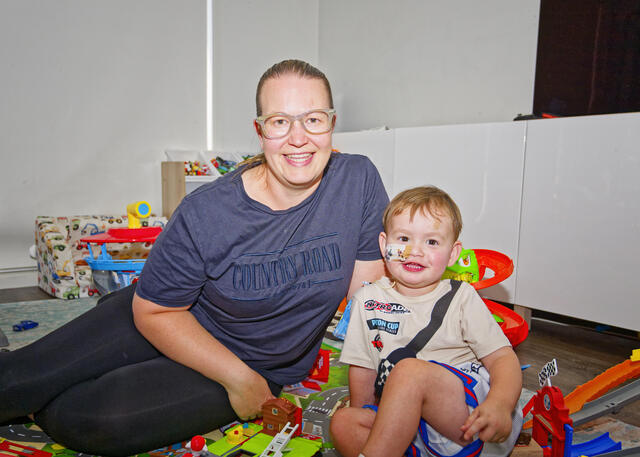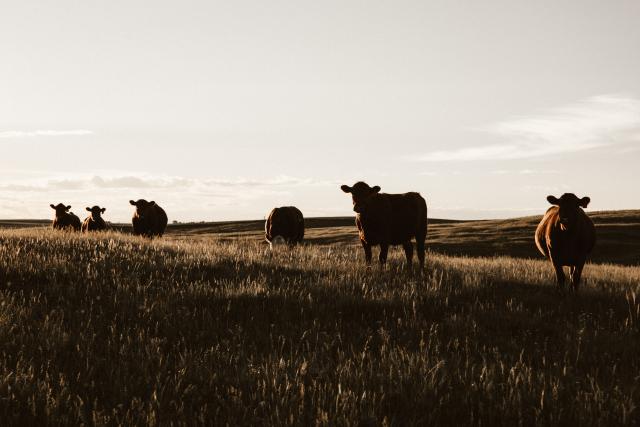It’s responsible for the death of millions of bees globally, and now the varroa mite has been detected in New South Wales and has beekeepers in Whittlesea breaking out in hives, concerned they’ll be next.
The varroa mite destructor is a tiny parasite that latches onto honey bees and weakens them causing wing deformities and other viruses.
Doreen beekeeper Nathan Stewart said the varroa destructor mite was arguably the biggest pest currently affecting the industry.
“It is a small mite that historically hasn’t been present in Australia, although it has been present in every other continent of the world,” Mr Stewart said.
“It’s obviously spread quite considerably around New South Wales at this point…it’s definitely a bigger scenario than we’ve ever had to deal with before.”
Mr Stewart said it was almost inevitable that the mite would end up here.
“The challenge is that at the moment Australia enjoys predominantly treatment free beekeeping, so arguably our honey is the purest honey in the world because beekeepers do not have to really treat hives at all,” he said.
“In other words, beekeepers have to intervene to save their colonies.”
With the almond season just around the corner, Mr Stewart is “concerned” about the spread of the varroa mite and the impact it will have on the industry.
“The reality of it is we’re about to have the almond season and that is the biggest livestock movement in Australia every year.
“They need about 300,000 beehives brought to the almond farms in Victoria to pollinate those crops and without them there wouldn’t be any almonds.
“It’s a very big industry and without the New South Wales colonies, they’re going to struggle to make up enough colonies to get that pollination event done.”
Since first being detected in the port of Newcastle last month, millions of bees and thousands of hives have been destroyed to contain the spread of the parasite, Mr Stewart said the loss of bees would be catastrophic to the ecosystem.
“At least a third of all the food we eat relies on bees to exist, bees aren’t the only pollinators in this world. I mean, flies, bats, birds, other insects do some degree of pollination but bees by far do the lion’s share.”
Beekeepers in the state have been advised by Agriculture Victoria to inspect their hives when the weather permits and perform regular sugar shake tests to monitor for the mites.
“Traditionally, we would not open beehives this time of year because it’s 35 degrees inside a hive and obviously, in Melbourne at the moment, we’re in the middle of winter, it’s freezing.
“To open and do an inspection does have a risk for bees because you can chill the unborn babies basically.
“You want to support the overall industry and you do have an obligation to do these sugar shake tests quite regularly anyway, but you wouldn’t normally do them over winter.
“They’ve asked if we could do as many of them as possible so that they can get a sample for whether they [varroa mites] are in Victoria already.”

